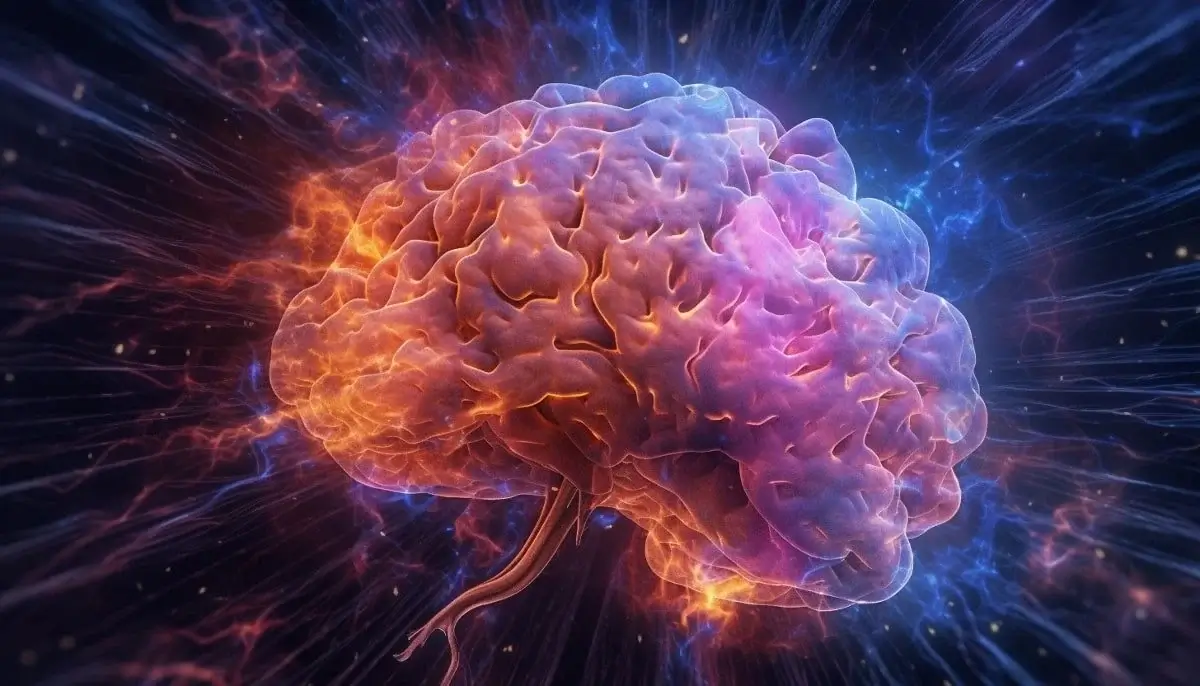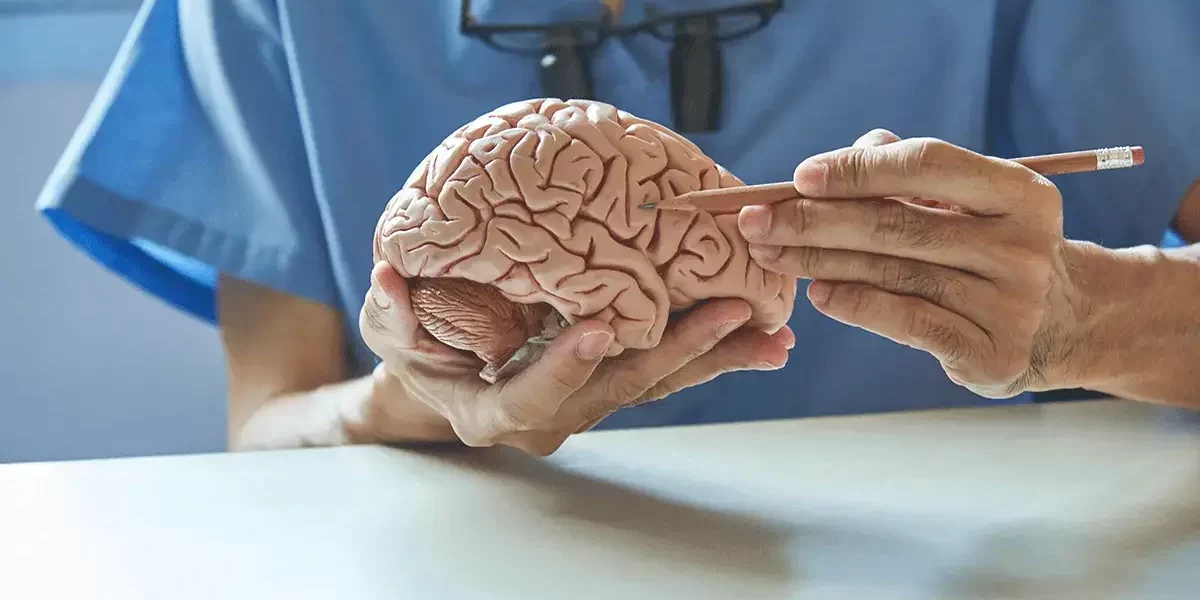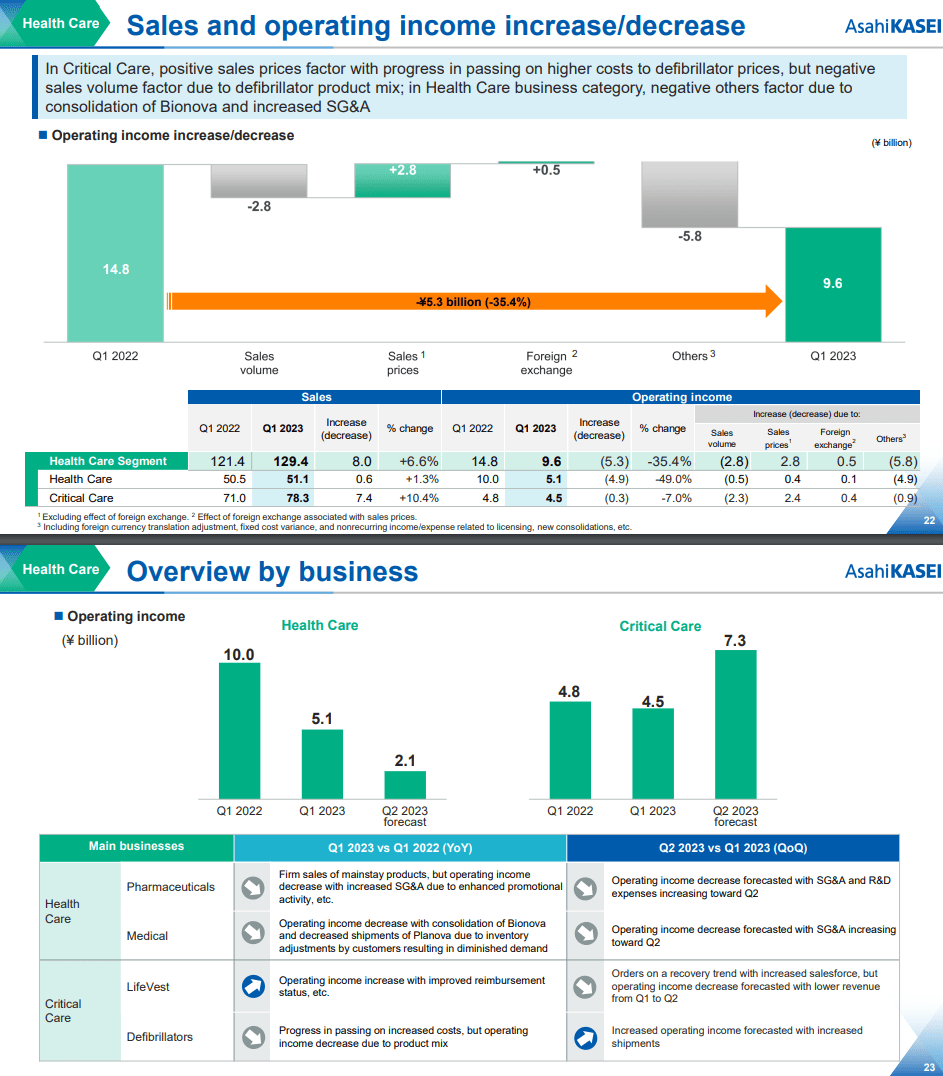Step into the fascinating world of neuroscience with Andrew Huberman, a renowned expert in the field who is decoding the latest breakthroughs. In this article, we delve deep into the cutting-edge research and insights that Huberman has uncovered, providing a captivating glimpse into the inner workings of the human brain.
With years of experience, Huberman’s expertise and passion for neuroscience are evident in his groundbreaking findings. From understanding the dynamics of neural circuits to exploring the impact of sensory perception on mental health, Huberman’s work has the potential to revolutionize our understanding of the brain.
Throughout this article, we will explore Huberman’s most recent discoveries and their implications for everything from enhancing cognitive function to treating neurological disorders. Prepare to be captivated as we unravel the mysteries of the brain, translating complex concepts into digestible insights that will leave you eager to further explore the realm of neuroscience.

Understanding the Basics of Neuroscience
Neuroscience is the scientific study of the nervous system, including the brain, spinal cord, and peripheral nerves. It is a multidisciplinary field that encompasses biology, psychology, and various other disciplines. By understanding the basic principles of neuroscience, we gain insights into how the brain functions, how it processes information, and how it influences our behavior and cognition.
One key concept in neuroscience is neuroplasticity, which refers to the brain’s ability to reorganize itself and form new neural connections throughout our lives. This discovery has profound implications for learning, memory, and recovery from brain injuries. Neuroplasticity has shown that the brain is not a fixed entity but rather a dynamic and adaptable organ that can change and grow.
Another fundamental aspect of neuroscience is the study of neural circuits, which are networks of interconnected neurons that work together to process and transmit information. These circuits play a crucial role in various brain functions, including perception, motor control, and cognition. Understanding the dynamics of neural circuits is essential for unraveling the complex workings of the brain.
The field of neuroscience is constantly evolving, and researchers like Andrew Huberman are at the forefront of uncovering new insights and discoveries. Let’s delve into some of the latest breakthroughs in neuroscience research.
The Latest Breakthroughs in Neuroscience Research
Neuroscience research is advancing at an unprecedented pace, thanks to advancements in technology and a deeper understanding of the brain’s complexities. Scientists are making groundbreaking discoveries that shed light on how the brain works and how it can be harnessed to improve our lives.
One recent breakthrough involves the study of brain waves and their role in cognition. Brain waves are rhythmic patterns of electrical activity generated by the brain. Researchers have discovered that specific brain wave patterns are associated with different cognitive states, such as attention, relaxation, and deep sleep. By understanding these patterns, scientists can develop techniques to enhance cognitive function and improve mental well-being.
Another exciting area of research is the exploration of the gut-brain connection. The gut, often referred to as the “second brain,” contains a complex network of neurons known as the enteric nervous system. Emerging evidence suggests that the gut microbiome, which consists of trillions of bacteria residing in our digestive system, plays a crucial role in brain health and mental well-being. Understanding this connection has the potential to revolutionize how we approach mental health treatments.
The advent of neuroimaging techniques, such as functional magnetic resonance imaging (fMRI) and electroencephalography (EEG), has also opened up new avenues for neuroscience research. These techniques allow scientists to visualize and measure brain activity in real-time, providing valuable insights into how different brain regions communicate and interact. This knowledge can inform the development of targeted interventions for brain disorders and enhance our understanding of human cognition.
Andrew Huberman’s contributions to the field of neuroscience have been instrumental in advancing our knowledge and understanding of the brain. Let’s explore some of his groundbreaking discoveries and how they are shaping the field.
Andrew Huberman’s Contributions to the Field
Andrew Huberman is a highly respected neuroscientist and professor at Stanford University. His research focuses on the neural circuits that control visual perception and behavior. Huberman has made significant contributions to our understanding of how the brain processes visual information and how this information influences our behavior.
One of Huberman’s notable discoveries is the concept of “neural plasticity” in the visual system. He has shown that the brain has the remarkable ability to rewire itself in response to changes in sensory input. This finding has profound implications for vision restoration in individuals with visual impairments and has opened up new avenues for developing therapies for various neurological conditions.
Huberman’s research has also provided insights into the role of light in regulating our circadian rhythm and sleep-wake cycles. He has demonstrated that specific wavelengths of light can influence our alertness, mood, and overall well-being. This knowledge has led to the development of light-based therapies for sleep disorders and jet lag, as well as the optimization of lighting environments in various settings.
In addition to his groundbreaking research, Huberman is passionate about sharing his knowledge and findings with the broader public. He has appeared on numerous podcasts, TED Talks, and educational platforms, where he distills complex neuroscience concepts into accessible and engaging content. Huberman’s ability to communicate the wonders of the brain to a wide audience has inspired countless individuals to pursue careers in neuroscience and has sparked a greater interest in understanding our own minds.

How Neuroscience is Impacting Various Industries
The impact of neuroscience extends far beyond the realm of academia. It is transforming various industries and revolutionizing the way we approach everything from healthcare to education to marketing.
In healthcare, neuroscience research is driving advancements in the diagnosis and treatment of neurological disorders. By understanding the underlying mechanisms of diseases such as Alzheimer’s, Parkinson’s, and epilepsy, scientists and clinicians can develop targeted therapies that improve patient outcomes. The integration of neuroscience and technology has also led to the development of innovative medical devices and neuroprosthetics that restore functionality to individuals with disabilities.
In the field of education, neuroscience is providing valuable insights into how we learn and retain information. By understanding the brain’s learning mechanisms, educators can tailor instructional strategies to optimize student engagement and improve learning outcomes. Neuroscience-based interventions are also being used to support individuals with learning disabilities and developmental disorders, empowering them to reach their full potential.
Neuroscience is also making its mark in the world of marketing and consumer behavior. By studying the brain’s response to advertisements and product packaging, marketers can design more effective campaigns that resonate with consumers on a deeper level. This knowledge can be applied to create compelling brand experiences and drive consumer decision-making.
As neuroscience continues to advance, its impact on various industries will only grow. Let’s explore some practical applications of wdbos login.
Practical Applications of Neuroscience in Everyday Life
Neuroscience is not just an abstract scientific field; it has tangible applications that can improve our daily lives. By harnessing the knowledge gained from neuroscience research, we can optimize our brain health, enhance cognitive function, and promote overall well-being.
One practical application of neuroscience is the use of mindfulness and meditation techniques to promote mental health and reduce stress. Studies have shown that regular meditation practice can lead to changes in brain structure and function, resulting in improved attention, emotional regulation, and resilience. Incorporating mindfulness into our daily routines can help us manage stress, improve focus, and cultivate a sense of inner peace.
Sleep is another area where neuroscience can provide valuable insights. By understanding the brain’s sleep-wake cycles and the factors that influence sleep quality, we can optimize our sleep habits and improve overall sleep health. Simple changes, such as creating a relaxing bedtime routine, minimizing exposure to blue light before bed, and ensuring a comfortable sleep environment, can have a profound impact on our sleep quality and well-being.
Exercise is not only beneficial for physical health but also for brain health. Neuroscience research has shown that regular physical activity promotes neuroplasticity, enhances cognitive function, and reduces the risk of age-related cognitive decline. Engaging in activities that challenge the brain, such as learning a new skill or solving puzzles, can also support brain health and cognitive longevity.
Nutrition plays a crucial role in brain health, and neuroscience research has uncovered the impact of certain nutrients on cognitive function. A balanced diet rich in fruits, vegetables, whole grains, and healthy fats provides the necessary nutrients for optimal brain function. Specific nutrients, such as omega-3 fatty acids and antioxidants, have been linked to improved cognitive performance and a reduced risk of cognitive decline.
By incorporating these neuroscience-based practices into our daily lives, we can optimize our brain health, enhance cognitive function, and promote overall well-being. Andrew Huberman provides valuable advice on optimizing brain health, let’s explore his insights.
Andrew Huberman’s Advice for Optimizing Brain Health
Andrew Huberman’s research and expertise in neuroscience have provided him with valuable insights into optimizing brain health. Here are some key takeaways from his work:
- Prioritize sleep: Sleep is crucial for brain health and cognitive function. Aim for 7-9 hours of quality sleep each night and create a conducive sleep environment by minimizing distractions and practicing good sleep hygiene.
- Manage stress: Chronic stress can have detrimental effects on the brain. Incorporate stress management techniques such as mindfulness, meditation, and deep breathing exercises into your daily routine.
- Maintain a healthy lifestyle: A balanced diet, regular exercise, and engaging in mentally stimulating activities are all essential for brain health. Stay hydrated, eat nutritious foods, and challenge your brain with new experiences and learning opportunities.
- Optimize your environment: Create an environment that supports your brain health. Minimize exposure to excessive noise, bright lights, and distractions. Surround yourself with positive influences and engage in activities that bring you joy and fulfillment.
- Seek novelty and curiosity: The brain thrives on novelty and curiosity. Engage in new experiences, explore new hobbies, and challenge yourself intellectually. Embrace a growth mindset and approach life with a sense of wonder and curiosity.
By following these principles, you can optimize your brain health and unlock your full cognitive potential. Andrew Huberman’s work serves as a guide for individuals seeking to enhance their brain function and well-being.

Resources for Further Learning in Neuroscience
If you’re eager to dive deeper into the world of neuroscience, there are numerous resources available to expand your knowledge and understanding. Here are some recommended resources:
- Books:
- “The Brain That Changes Itself” by Norman Doidge
- “The Tell-Tale Brain” by V.S. Ramachandran
- “Behave: The Biology of Humans at Our Best and Worst” by Robert Sapolsky
- Online Courses:
- Coursera offers a range of neuroscience courses from top universities, including “Introduction to Neuroscience” and “Neuroscience and Behavior.”
- edX provides neuroscience courses such as “Fundamentals of Neuroscience” and “Molecular Neuroscience.”
- Podcasts:
- “Huberman Lab Podcast” by Andrew Huberman
- “Brain Science” by Dr. Ginger Campbell
- “The Neuroscience Podcast” by Dr. Andrew Lautin
- TED Talks:
- “How your brain hallucinates your conscious reality” by Anil Seth
- “How the brain learns to see” by Pawan Sinha
- “The neurons that shaped civilization” by VS Ramachandran
These resources will provide you with a solid foundation in neuroscience and allow you to explore specific areas of interest further. The field of neuroscience is vast and ever-evolving, so there is always something new to discover.
The Future of Neuroscience and Its Potential Impact on Society
As neuroscience continues to advance, its potential impact on society is immense. From improving mental health treatments to enhancing cognitive abilities, the discoveries made in this field have the power to transform lives on a global scale.
One area that holds great promise is the development of personalized medicine based on an individual’s unique brain characteristics. By leveraging neuroscience insights, clinicians can tailor treatments and interventions to address specific neurological conditions more effectively. This personalized approach has the potential to revolutionize healthcare and improve patient outcomes.
Neuroscience research also has implications for education and learning. By understanding how the brain learns and processes information, educators can design more effective instructional strategies that cater to individual learning styles. This personalized approach to education can help unlock the full potential of every student and foster a lifelong love of learning.
The integration of neuroscience and technology is another exciting frontier. Brain-computer interfaces (BCIs) hold the potential to restore functionality to individuals with disabilities and revolutionize the way we interact with technology. BCIs allow direct communication between the brain and external devices, enabling individuals to control prosthetics, computers, and other devices with their thoughts.
As neuroscience research continues to advance, ethical considerations become increasingly important. Society must grapple with questions surrounding privacy, cognitive enhancement, and the responsible use of emerging technologies. Ethical frameworks and guidelines will be crucial in ensuring that neuroscience advancements are used for the greater good and do not exacerbate existing societal inequalities.
In conclusion, Andrew Huberman’s role in advancing our understanding of the brain cannot be overstated. His groundbreaking research and passion for neuroscience have paved the way for new discoveries and insights into the complexities of the human brain. As we continue to decode the mysteries of the brain, the potential for improving our lives and society as a whole is boundless. Join us on this captivating journey as we unravel the wonders of neuroscience and unlock the secrets of the mind.
Also read: Brian Mulroney: A Legacy Revisited Amidst New Developments











